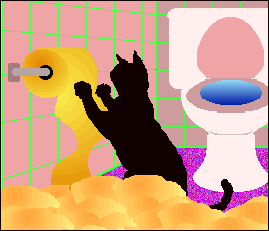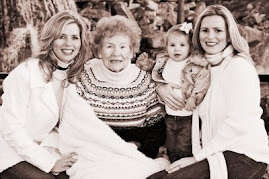 The Brain Injury Association of NY State's director of traumatic-brain-injury rehab has something to say about telling your story. As part of their protocol, one of the first things used in their patients' recovery is to get them to tell a story. A story of the events in their life. The names. The faces. After all, our stories are probably the most valuable piece of info we carry in our minds. It's who we are.
The Brain Injury Association of NY State's director of traumatic-brain-injury rehab has something to say about telling your story. As part of their protocol, one of the first things used in their patients' recovery is to get them to tell a story. A story of the events in their life. The names. The faces. After all, our stories are probably the most valuable piece of info we carry in our minds. It's who we are.Abigail Thomas, writer and speaker, recalls her husband's thoughts on his loss of memory after being hit by a car. Rich describes it:
Pretend you are walking up the street with your friend. You are looking in windows. But right behind you is a man with a huge paint roller with white paint and he is painting over everywhere you've been, erasing everything. He erases your friend. You don't even remember his name.
This is similar to what some stroke survivors experience. One minute they are one person, the very next minute they don't even recognize who they are. By the way, too often, people think strokes are a malfunction of the heart. Strokes manifest from the brain.
And even with Alzheimer's patients, one of the best meds for them is getting them to tell their life stories, no matter how jumbled they may be. Research has proven it can improve quality of life.
The bottom line is our stories are marrow to our very bones. They give us life. So why wouldn't we express them? As you know, too often we think they are not important. We think no one would want to hear them. We think we'll tell them another day. Or we don't know where to begin. We are afraid of writing, of not telling it right. We think. We think. We think. Quit!
All of these obstacles make sense to us while we are in that mode; The real truth is our stories hold great value to all around us. And if we can communicate, we are capable of getting our stories on paper, audio, or video. No more excuses, folks.
If you receive AARP, check out Ms. Thomas' writing article in the July/Aug '08 issue.
She gives some great ideas on writing your stories. One point she made jumped off the page:
Memoir is not a place to get revenge or to appear angelic or to cast oneself as a victim. If that's on your mind, write fiction. Memoir should not be self-serving, even accidentally. If you come out as anything but profoundly human, you've probably got the wrong motives for your writing or you haven't stood far enough back or come close enough.
After all, we are full of contradiction and conflict; we have evolved out of many different selves. We have been thanked, we have been humiliated, we have gossiped and worried and gone to bed hungry for one thing or another. We have gone out on the limb, and we have stayed on the porch.
This is what we often talk about in the writing workshop. We want our stories to be real. We R Not fabrications! Therein is a balance that will bring hope and inspiration to those who become our audience.
You may never get hit by a car, never have a stroke, or invaded by Alzheimers; but your life can be painted over and erased. Simply by not believing that your life has something to say. Don't let the busyness of life, or lack of belief, rob you of your memories.
RESOURCES: http://www.bianys.org/, Parade 7/13/08, Photo from http://www.cwhisna.blogspot.com/, interview with stroke survivors 2008.
Copyright © 2008 by Ellen M. Samples. All rights reserved.







No comments:
Post a Comment